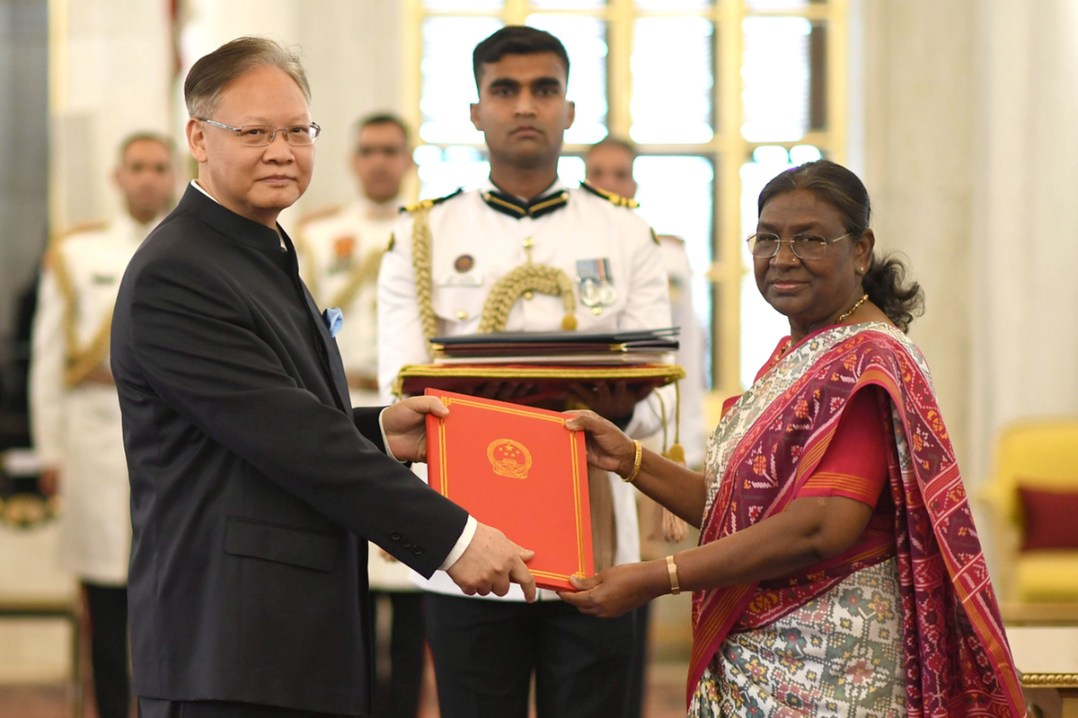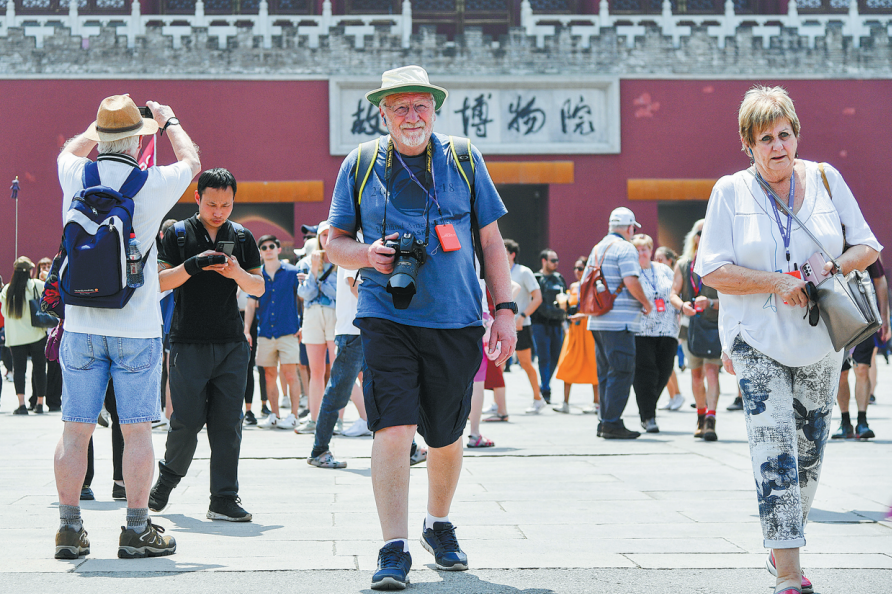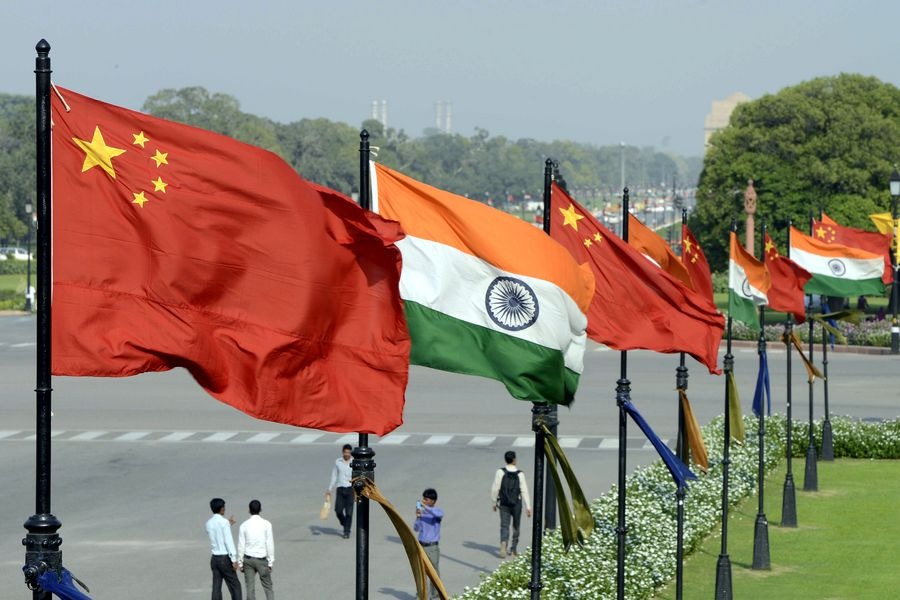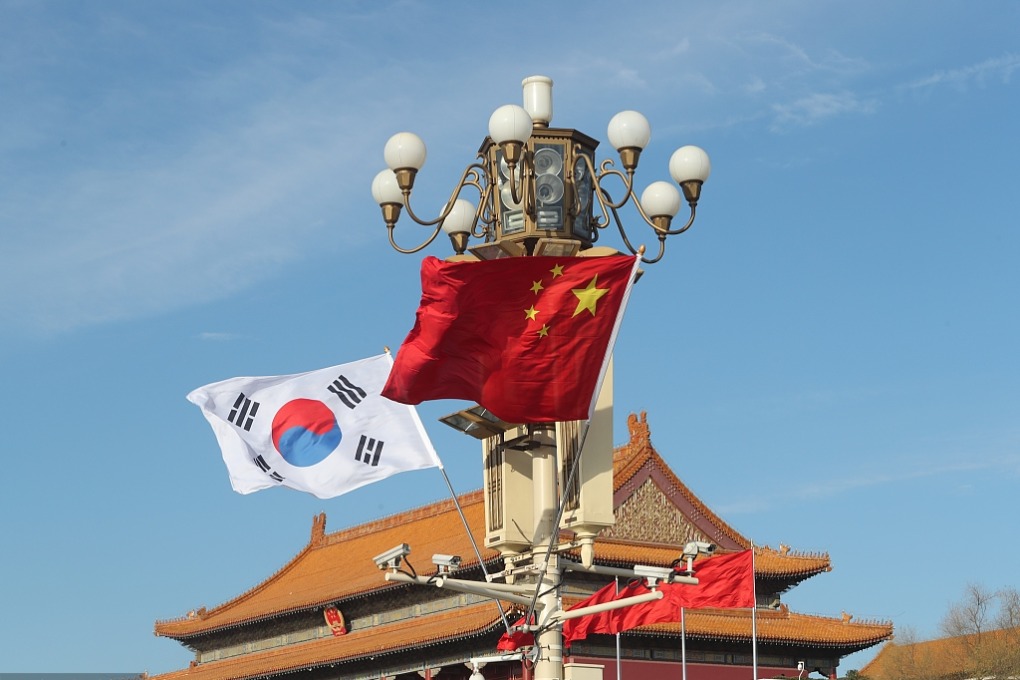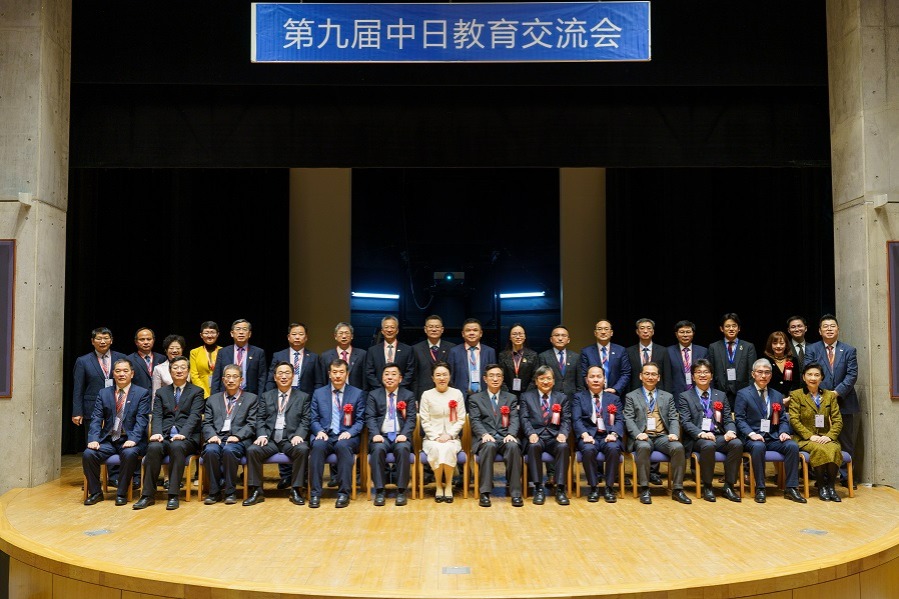Youth want improved China-Japan-ROK relations

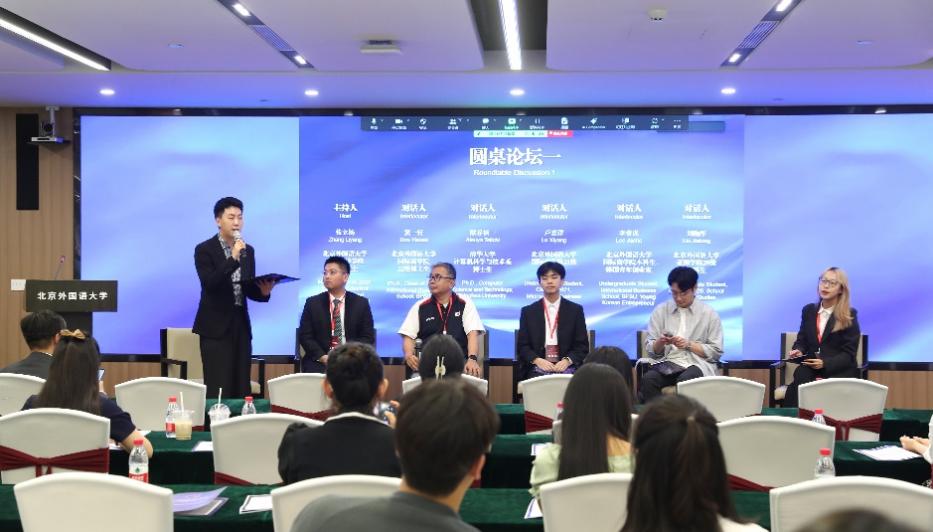
What are the young people in China, Japan and the Republic of Korea looking for? Hope, creativity, leadership, curiosity, adaptability, empathy, inclusiveness, equality. These are the words young people from these countries came- up with at the youth panel of a China-Japan-ROK cooperation forum held in Beijing on Friday.
The International Forum on Regional Cooperation and Development of China, Japan and the Republic of Korea and the 21st Northeast Asia Management and Economics Joint Conference was co-hosted by Beijing Foreign Studies University and China Daily.
In his introductory speech, Niu Huayong, dean of the International Business School, BFSU, said he had observed the influence trade and cultural exchanges have on ties among the three countries in the past, and said the three neighboring countries should enhance dialogue and cooperation to deal with current challenges and future uncertainties.
Yan Liang, deputy secretary general of the Trilateral Cooperation Secretariat, said the recent joint statement issued at the 9th trilateral summit meeting among China, Japan and the ROK stressed how crucial youth exchanges were to consolidate the long-term foundation of trilateral cooperation.
Chinese and international students shared their insights on trilateral cooperation, economic integration, and cultural exchanges based on their experience of studying, communicating and doing business in China.
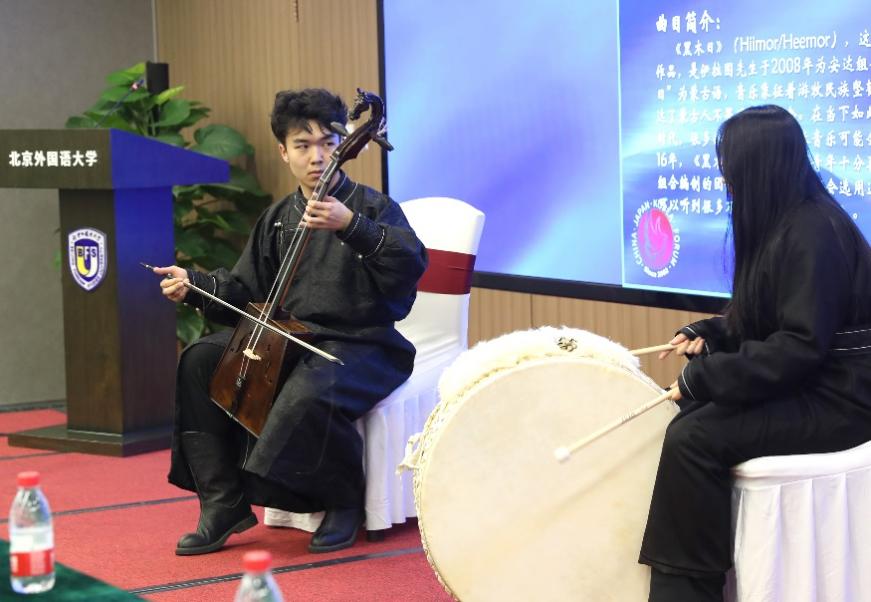
Nakahara Teina, president of the Japanese Students’ Union at BFSU, said young people should make use of opportunities that come when they study abroad to personally verify some of the distorted truths they see on social networking sites that have the potential to create prejudice, leading to discrimination.
Artificial intelligence caught the special attention of students. Atsuya Teiichi, a master’s student in the Department of Computer Science and Technology, Tsinghua University, said AI model, data set and computing power are crucial elements for AI development, on which Japan should cooperate with both the United States, a global leader of AI technology, and China, an AI leader in East Asia. Kim Yale, an alumni of the International Business School at BFSU, said, “investment in AI healthcare technologies can possibly bring significant economic benefits to our countries.”
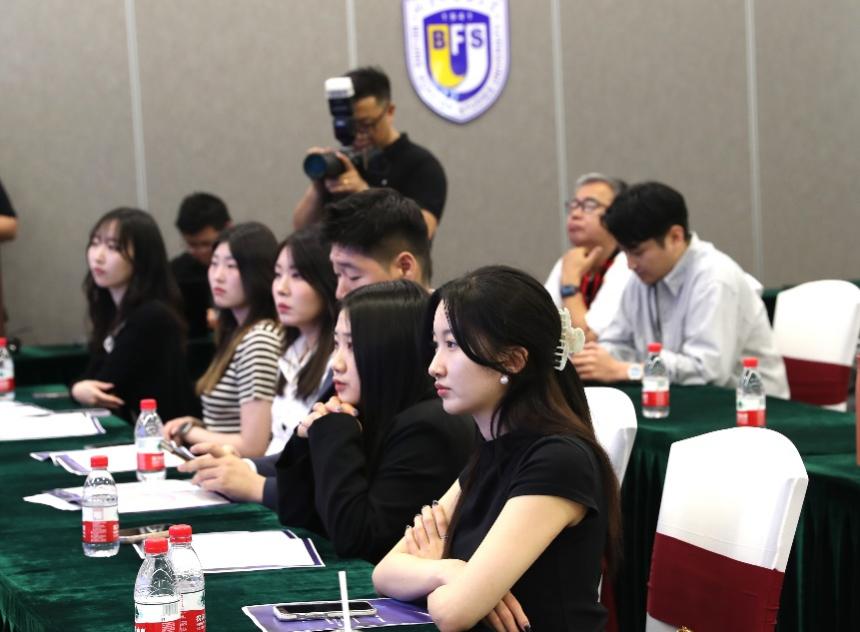
Ma Yibo, a Korean Language student at BFSU’s School of Asian Studies, said, “The world is varied, and we need to tolerate each other so that we can work together for progress. Universal love is the ultimate goal of global cooperation. It transcends national, (and) cultural boundaries, advocating for the common well-being of humanity. Only when we treat others with a spirit of universal love can we truly achieve global peace and prosperity,” Ma said.























